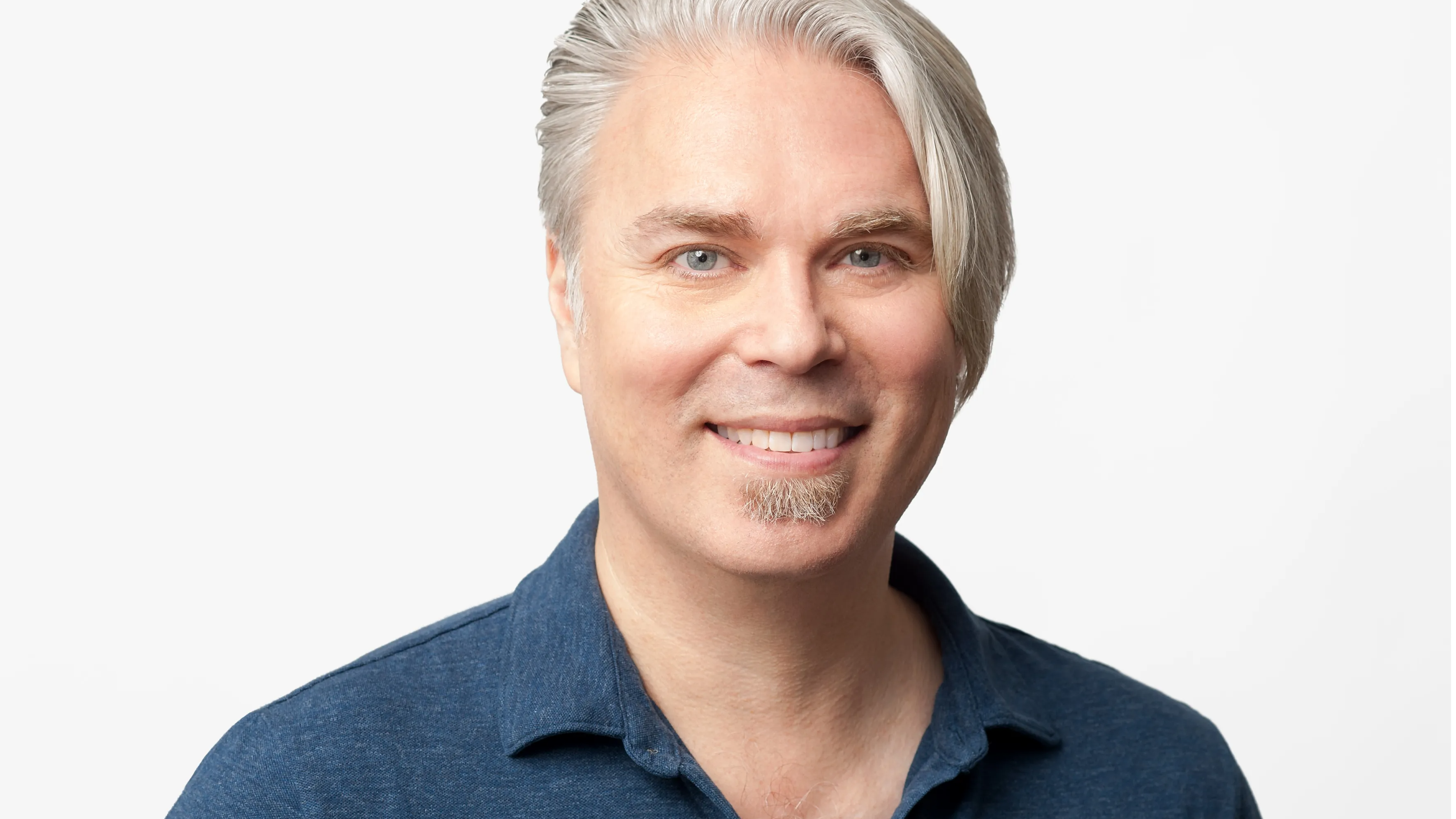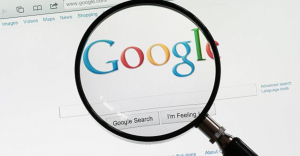Christopher Patnoe, Head of Accessibility Programme &
Disability Inclusion, Google, Board Member, (USA), says that more companies
should come up with great technologically advanced sets for disabled people as
“it’s both good business and is the right thing to do from a moral perspective.”
“With over 1 billion people with
disabilities, a number that is only growing, there’s a huge opportunity for
products not only to them but also to their families and friends. Also think
about the situations where you are temporarily or situationally impaired, like
having a broken arm or holding a baby. The more inclusive your product is, the
easier it is for everyone,” Patnoe, who is one of the key speakers at day two
of the National Ability Summit (NAS) on Thursday, told Opoyi in an interview.
The first-ever edition of NAS that is
taking place virtually in India is spearheaded by Varija Life, a Not for Profit
Organisation under fashion and lifestyle brand Varija Bajaj.
Talking about technology, Patnoe further says
that one should “think about our current situation with COVID-19.”
“Technological advances like Captions
in Google Meet make working from home possible for millions of people across
the world. Products like Live Transcribe make it easier for people with masks
to be understood for those who rely on lip-reading, or are in a loud room,” he
said.
Patnoe says that there are more
awareness and empathy of people with disabilities “and this has accelerated
faster than I’d expected without COVID and the lockdowns.”
“I think the competition, honestly, is
a great thing for the people who need the tech but also for the tech
themselves. I love seeing people compete on accessibility as the differentiator
because it drives forward innovation.
“That said, we’ll never be done; the
nature of technology is to change, and quickly. The needs of people change as
their situation changes; It’s also human nature to become used to today’s
breakthroughs turning them into tomorrow’s table stake feature like captions
have become today. We need to keep advancing the technology, in conjunction
with people with disabilities, pushing the state of the art for the benefit of
all,” he said.
So what will be the post-pandemic
repercussions for disabled individuals and why there is a need for digital
accessibility even more now?
“Given the situation of COVID-19,
cracks in the system have been made more clear. Without the ability to go into
a workspace (assuming you could even get in), people are forced to work
digitally. Without things being accessible digitally, a significant number of
people are stuck without the ability to bank, to shop, or to communicate with
their friends and family,” he said.
Giving an example of how Google
operates, he says that “we believe in building for everyone, including people
with disabilities.”
“ I’m proud of the work that we do on
Accessibility at Google because it directly addresses many of the challenges
that people with disabilities face. We want to make sure our products are
helpful in a meaningful way. For example, Google Chrome and Android have many
accessibility-related features, like automatic image descriptions and Sound
Amplifier, that make both the digital and physical worlds more accessible.
“The needs of disabled communities can
vary greatly across the world and I look forward to collaborating with the
communities in India to better understand how we can leverage technology to
meet your needs,” he said.
In the US, there are several rights
for different and able individuals unlike India but Patnoe says “Outside the
US, I’m sure it looks like we’ve settled all the issues around disability
inclusion in the digital and built out world, but I can definitively say that
legislation alone is not enough.”
“Our Americans with Disabilities Act
is 30 years old this year, and it’s a landmark achievement, but it needs to be
thoroughly enforced for it to be impactful.
“The progress towards awareness and
compassion is a personal one, and with 1.35 billion people in India, it will
certainly take some time. But continued dedication and awareness will pay off.
There are organizations in India doing the work…” he said.







